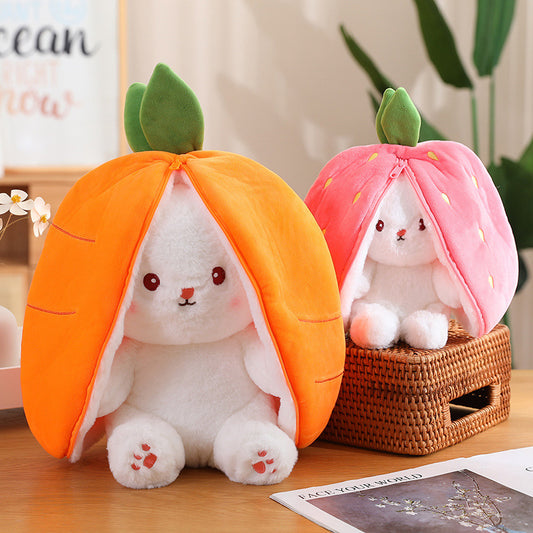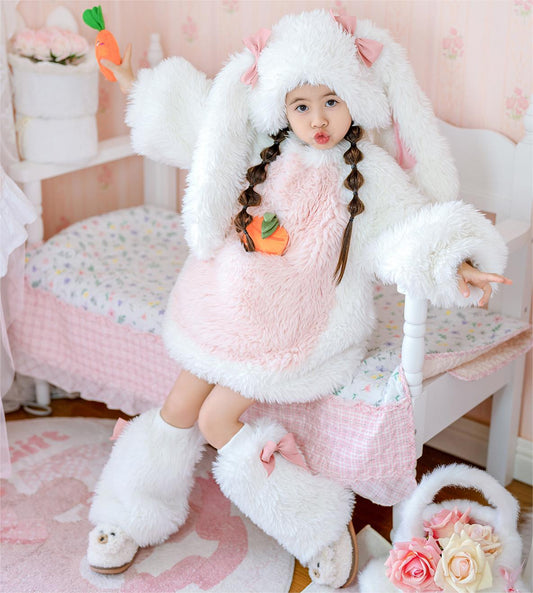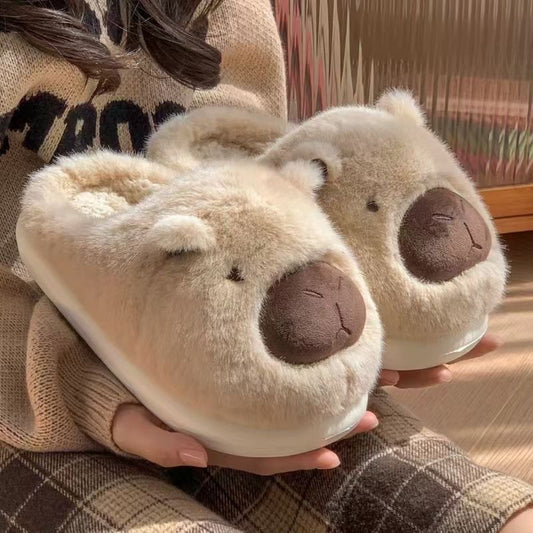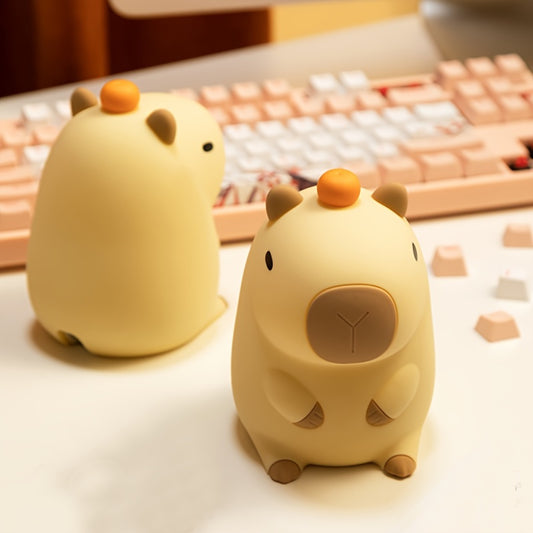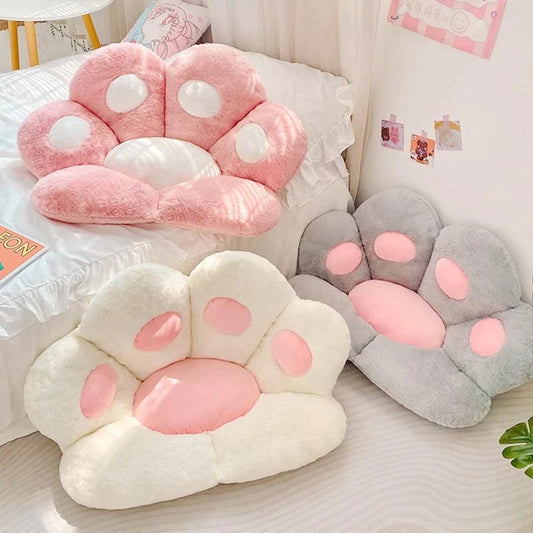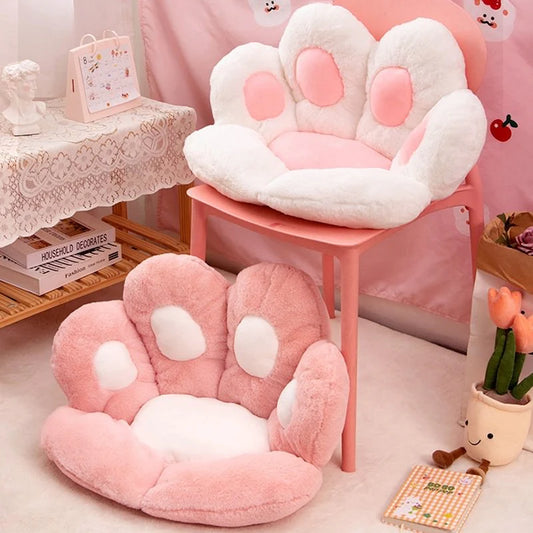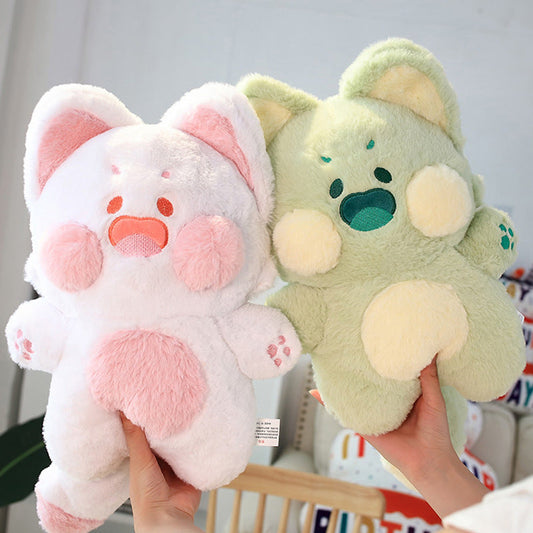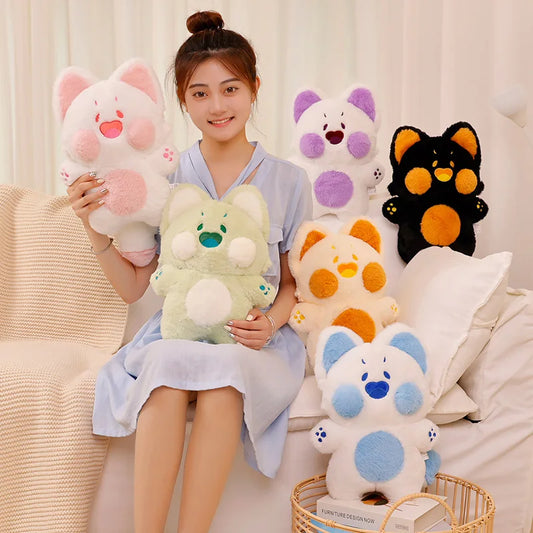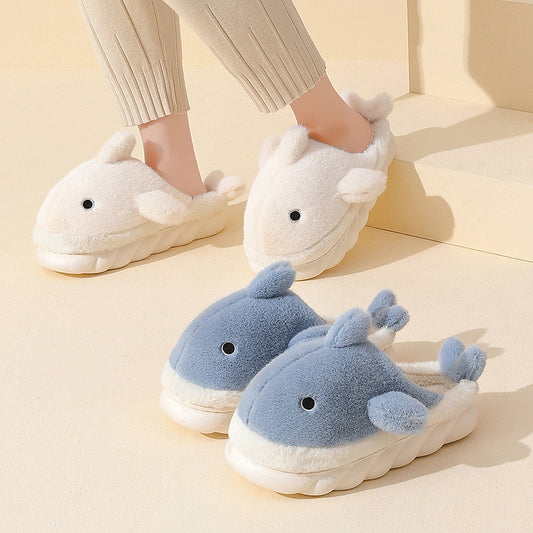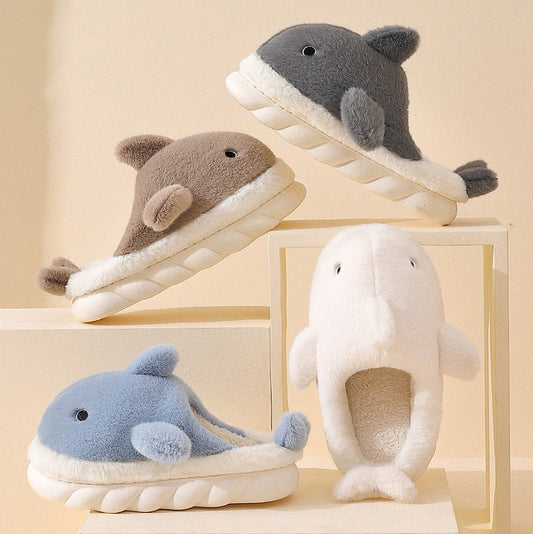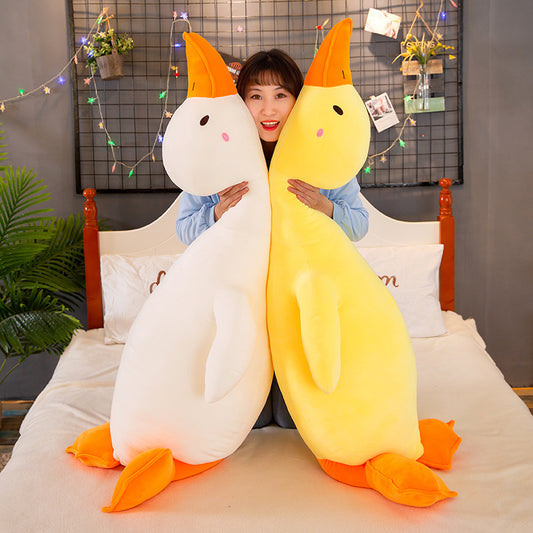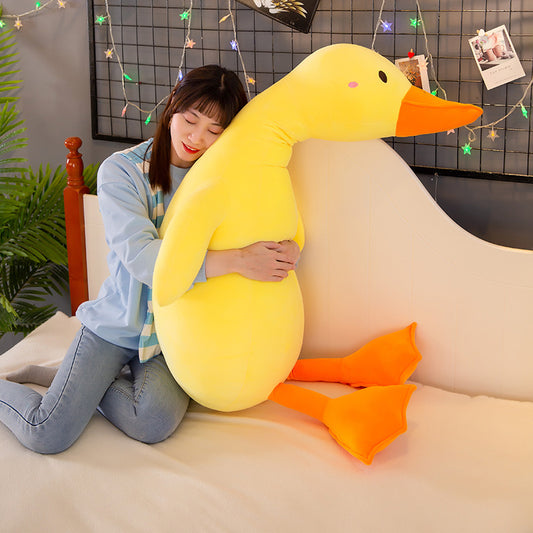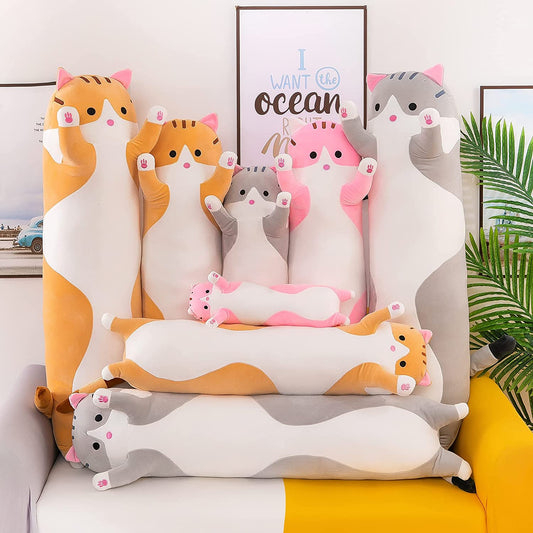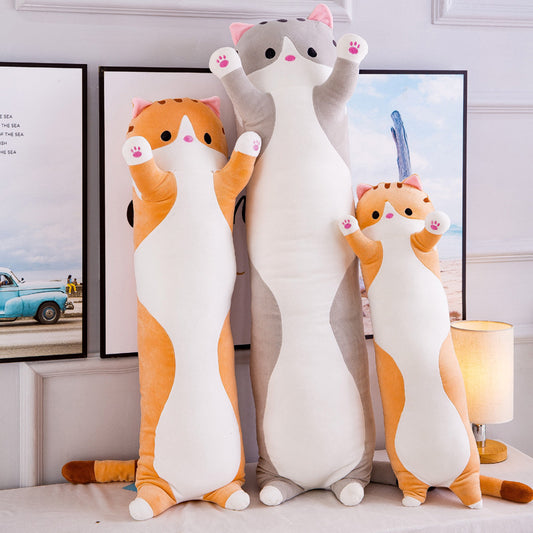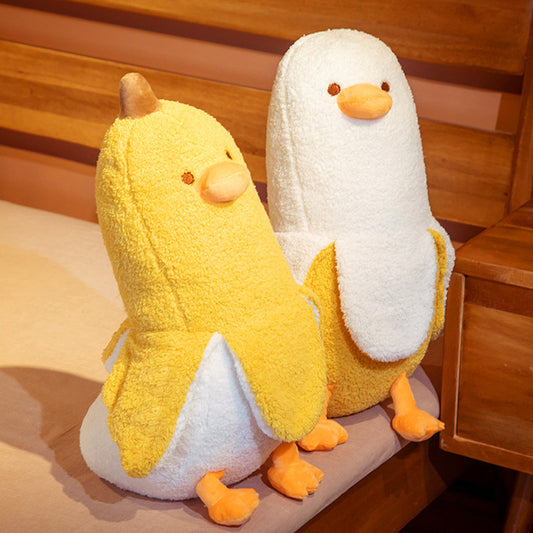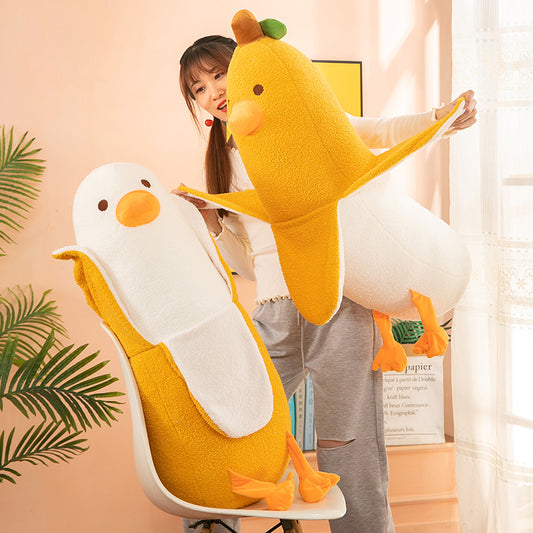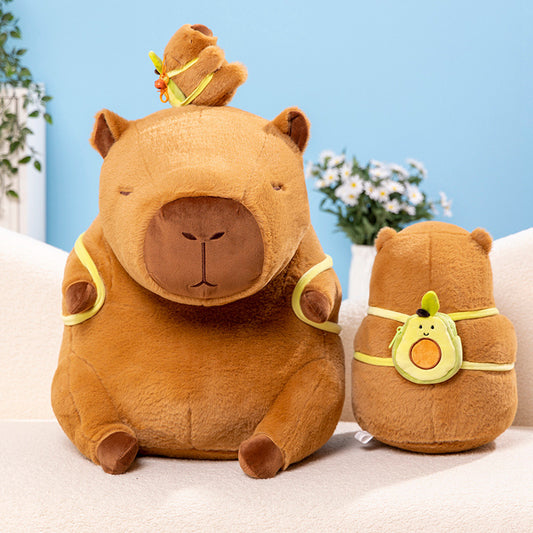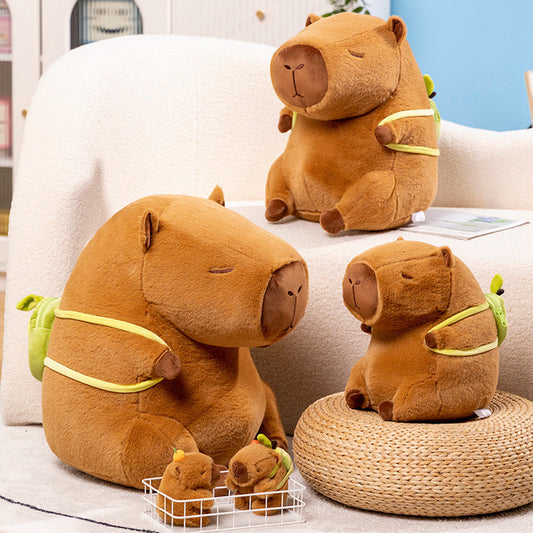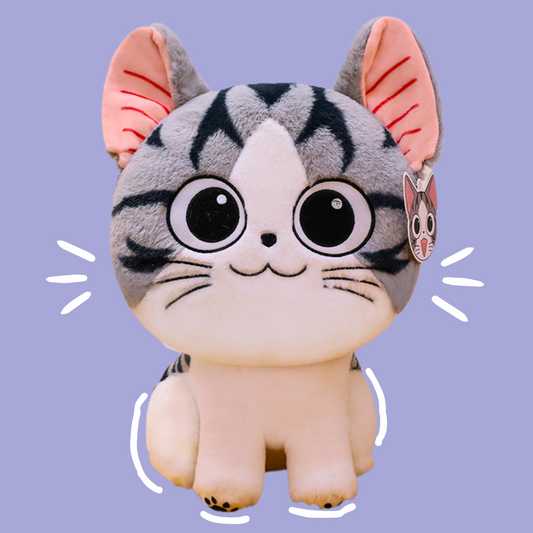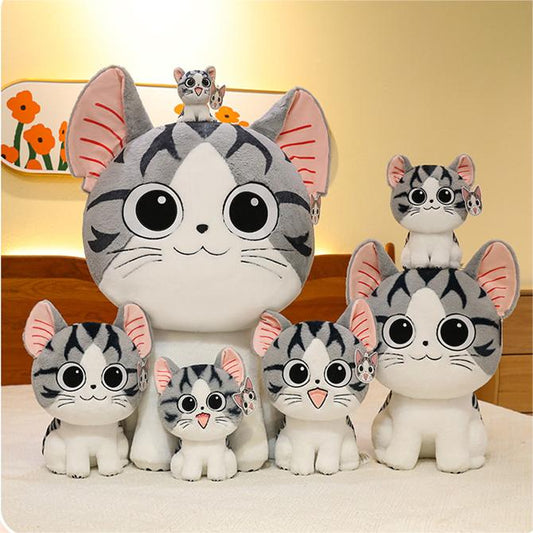
The Benefits of Introducing Plush Toys to Children at an Early Age
Share
From cuddly bears to adorable bunnies, plush toys have long been cherished companions for children. These soft and huggable creatures offer more than just comfort and entertainment. In fact, introducing plush toys to children at an early age can have a positive impact on their development and well-being. In this article, we will explore the numerous benefits that these furry friends bring to a child's life.
1. Emotional Comfort and Security
Plush toys play a crucial role in providing emotional comfort and security to children. The softness and familiarity of these toys can help alleviate anxiety, especially in new or challenging situations. Many children find solace in hugging their favorite stuffed animal when they are upset, scared, or feeling lonely. The presence of a beloved plush toy can provide a sense of reassurance and stability, offering a reliable source of comfort and support.
2. Cognitive Development
Beyond their emotional benefits, plush toys also contribute to a child's cognitive development. Through imaginative play, children can engage in creative storytelling and role-playing with their plush companions. This type of play fosters language development, enhances problem-solving skills, and stimulates their imagination. By creating scenarios and dialogues with their plush toys, children learn to express themselves, explore different emotions, and develop social and cognitive skills.
3. Sensory Stimulation
The soft and tactile nature of plush toys provides a valuable sensory experience for children. These toys often feature a variety of textures, from smooth velvets to fluffy furs, allowing children to engage their sense of touch and explore different sensations. By interacting with plush toys, children develop their fine motor skills as they learn to grasp, squeeze, and manipulate these objects. The variety of colors and shapes found in plush toys also contribute to visual stimulation, aiding in the development of visual perception and recognition.
4. Comfort during Sleep and Transitions
Plush toys can become cherished sleep companions, offering comfort and security during bedtime. Many children find it easier to fall asleep and stay asleep when cuddling with their favorite stuffed animal. The familiar presence and soft texture of a plush toy can help create a soothing environment, promoting a sense of relaxation and ease. Additionally, introducing a plush toy during transitional periods, such as starting preschool or moving to a new home, can provide children with a sense of familiarity and ease the adjustment process.
5. Social and Emotional Skills
Plush toys can also be instrumental in developing social and emotional skills in children. Through pretend play, children often project their feelings, thoughts, and experiences onto their stuffed companions. This process allows them to explore and make sense of their emotions, encouraging empathy, and enhancing their emotional intelligence. Plush toys can also serve as a bridge to social interaction, as children may engage in imaginative play with their peers, fostering collaboration, communication, and negotiation skills.
Conclusion
Introducing plush toys to children at an early age offers a myriad of benefits for their overall development and well-being. These cuddly companions provide emotional comfort, promote cognitive development, stimulate the senses, and assist children during sleep and transitional periods. Moreover, plush toys encourage imaginative play, foster social and emotional skills, and become cherished friends that accompany children on their journey of growth and self-discovery. So, next time you're considering a gift for a child, remember the significant impact that a soft and lovable plush toy can have on their lives.
1. Emotional Comfort and Security
Plush toys play a crucial role in providing emotional comfort and security to children. The softness and familiarity of these toys can help alleviate anxiety, especially in new or challenging situations. Many children find solace in hugging their favorite stuffed animal when they are upset, scared, or feeling lonely. The presence of a beloved plush toy can provide a sense of reassurance and stability, offering a reliable source of comfort and support.
2. Cognitive Development
Beyond their emotional benefits, plush toys also contribute to a child's cognitive development. Through imaginative play, children can engage in creative storytelling and role-playing with their plush companions. This type of play fosters language development, enhances problem-solving skills, and stimulates their imagination. By creating scenarios and dialogues with their plush toys, children learn to express themselves, explore different emotions, and develop social and cognitive skills.
3. Sensory Stimulation
The soft and tactile nature of plush toys provides a valuable sensory experience for children. These toys often feature a variety of textures, from smooth velvets to fluffy furs, allowing children to engage their sense of touch and explore different sensations. By interacting with plush toys, children develop their fine motor skills as they learn to grasp, squeeze, and manipulate these objects. The variety of colors and shapes found in plush toys also contribute to visual stimulation, aiding in the development of visual perception and recognition.
4. Comfort during Sleep and Transitions
Plush toys can become cherished sleep companions, offering comfort and security during bedtime. Many children find it easier to fall asleep and stay asleep when cuddling with their favorite stuffed animal. The familiar presence and soft texture of a plush toy can help create a soothing environment, promoting a sense of relaxation and ease. Additionally, introducing a plush toy during transitional periods, such as starting preschool or moving to a new home, can provide children with a sense of familiarity and ease the adjustment process.
5. Social and Emotional Skills
Plush toys can also be instrumental in developing social and emotional skills in children. Through pretend play, children often project their feelings, thoughts, and experiences onto their stuffed companions. This process allows them to explore and make sense of their emotions, encouraging empathy, and enhancing their emotional intelligence. Plush toys can also serve as a bridge to social interaction, as children may engage in imaginative play with their peers, fostering collaboration, communication, and negotiation skills.
Conclusion
Introducing plush toys to children at an early age offers a myriad of benefits for their overall development and well-being. These cuddly companions provide emotional comfort, promote cognitive development, stimulate the senses, and assist children during sleep and transitional periods. Moreover, plush toys encourage imaginative play, foster social and emotional skills, and become cherished friends that accompany children on their journey of growth and self-discovery. So, next time you're considering a gift for a child, remember the significant impact that a soft and lovable plush toy can have on their lives.




